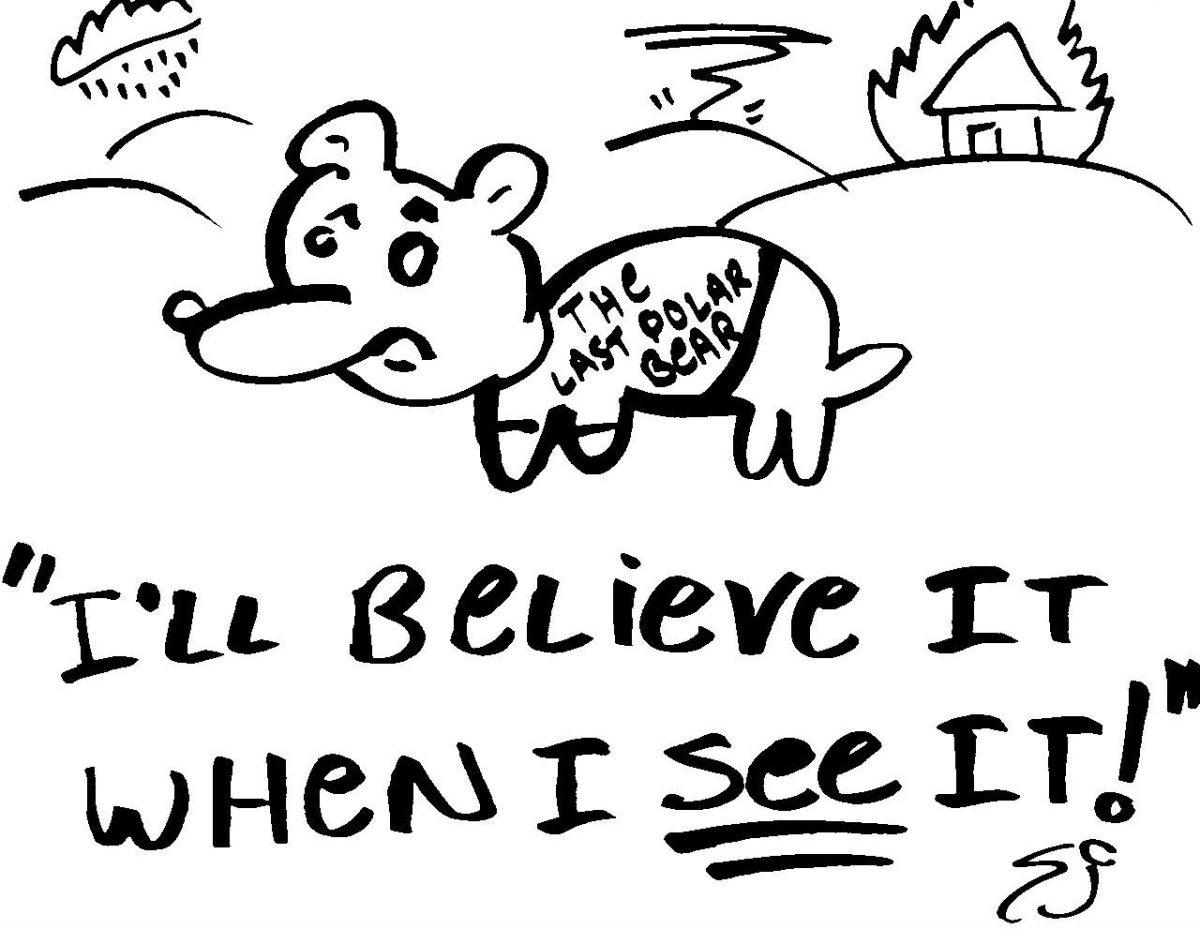Global warming is real. Scientists have known this for years, but have been unable to say with certainty whether it is or is not a naturally occurring phenomenon. A recent report from the United Nations found that climate scientists are 95 percent certain that humans are responsible for at least half of the observed increase in global average surface temperatures since the 1950s.
This is the most confident scientists have ever been. The report shows a 5 percent increase in confidence since 2007 and a drastic increase from the 2001 report in which scientists said they were only 66 percent sure of the same conclusion.
The U.N. Intergovernmental Panel on Climate Change releases a report every six years that CNN referred to as the benchmark about the topic. The report involved more than 800 authors and 50 editors from dozens of countries. A summary for policymakers was released Friday and the panel posted the full, nearly 2,500-page report online on Monday.
According to the summary, 1983-2012 was “likely the warmest 30-year period of the last 1,400 years” in the Northern Hemisphere. What’s even scarier is that atmospheric concentrations of carbon dioxide, methane and nitrous oxide are at levels, “unprecedented in at least the last 800,000 years.”
Our reliance on fossil fuels has led to ocean acidification. Natural disasters will become increasingly common. The report says it is very likely that extreme precipitation events over wet tropical regions will become “more intense and more frequent by the end of this century.” And the Arctic ice cap could melt nearly completely during summer months, according to CNN.
Despite the report, some still refuse to believe the global warming trend. Others recognize global warming as a trend but fail to see it as a pressing issue. Many critics cite the wrongful predictions made by scientists in the 1970s who said Earth was approaching another ice age as reason to withhold belief or not take diplomatic action.
One of the most cited wrongful predictions comes from ecologist Kenneth Watt. “If present trends continue, the world will be about four degrees colder for the global mean temperature in 1990 but 11 degrees colder in the year 2000. This is about twice what it would take to put us into an ice age,” Watt said on Earth Day in 1970.
In hindsight, this prediction is ludicrous. And sure, it proves that experts can be wrong, but it does not prove that all climate change predictions are faulty. When the evidence is so strong that it is nearly conclusive, we need to look at the predictions as if they are true.
The report says we need substantial and sustained reductions of greenhouse gas emissions if we want to limit climate change. But even this will not solve the problem any time soon. “Many aspects of climate change will persist for many centuries even if emissions of CO2 are stopped,” the summary states. “This represents a multi-century climate change commitment created by past, present and future emissions of CO2.” Our skepticism and complacency both led us to this state. Many of the problems we have created are too far gone for us to improve upon in our lifetimes. Others are so severe that CNN said they may prove irreversible.





